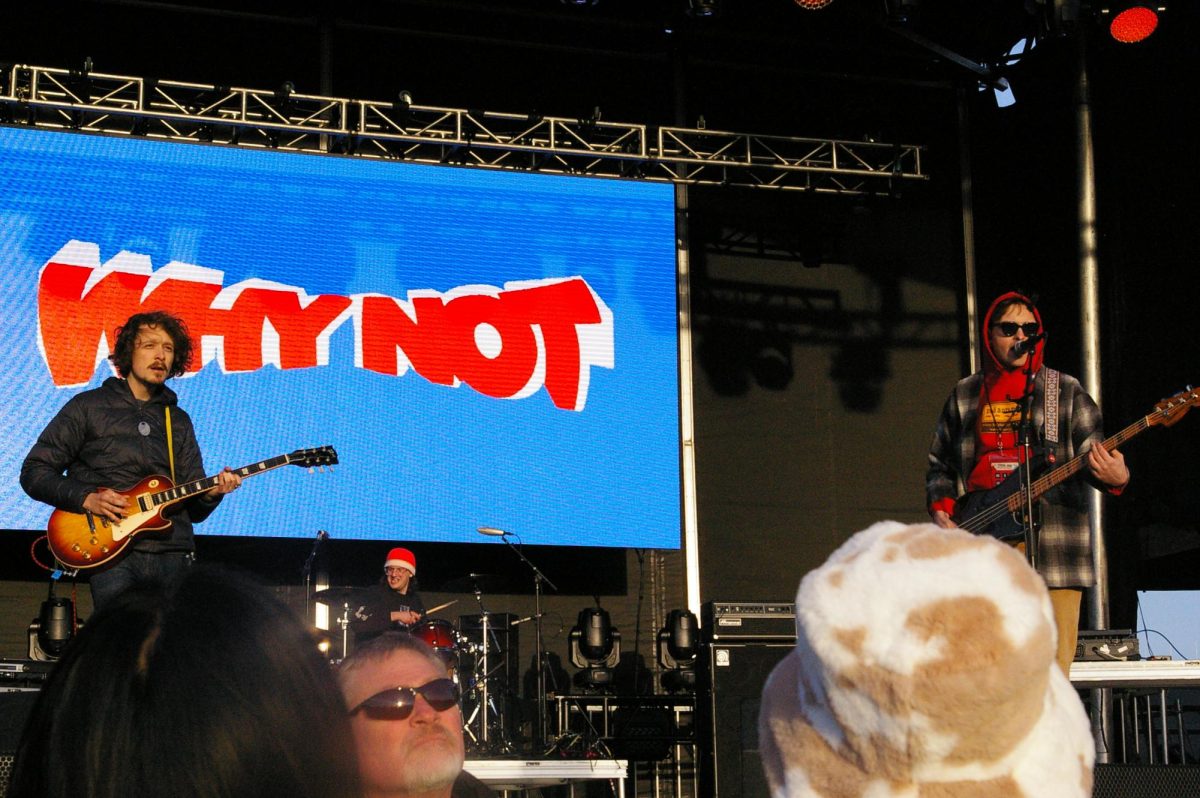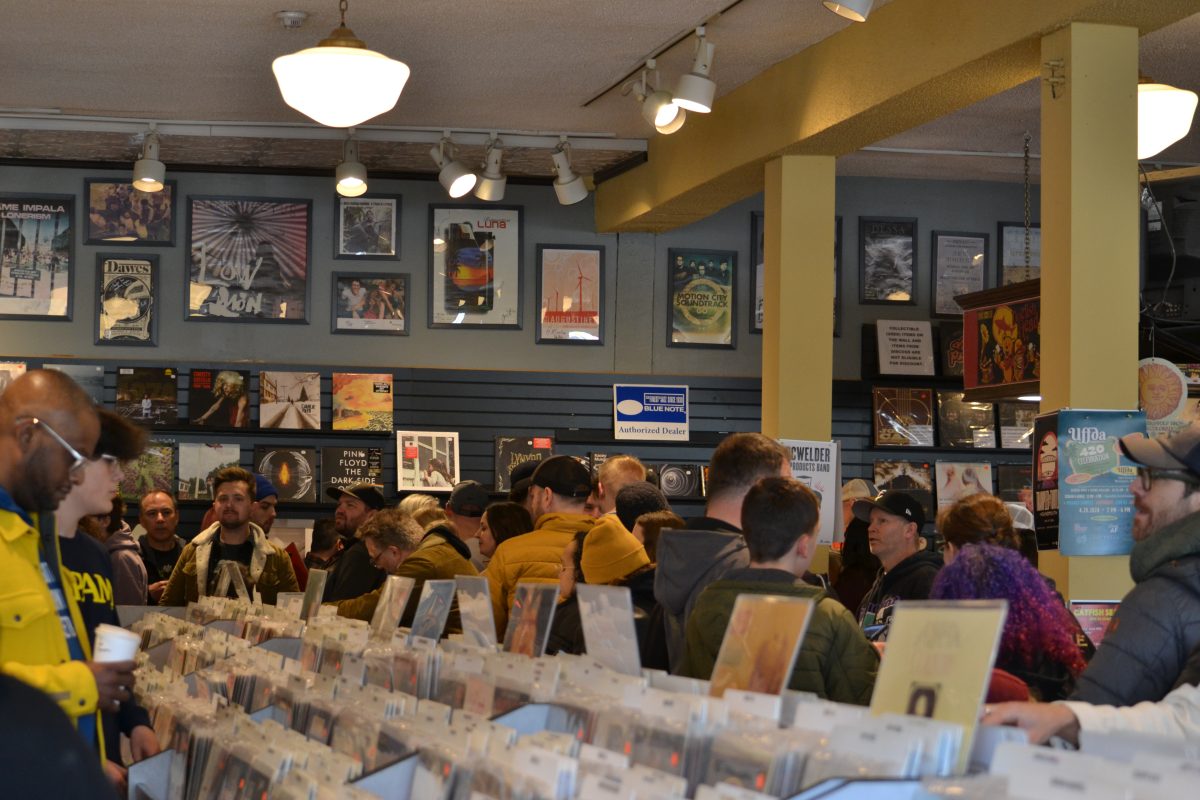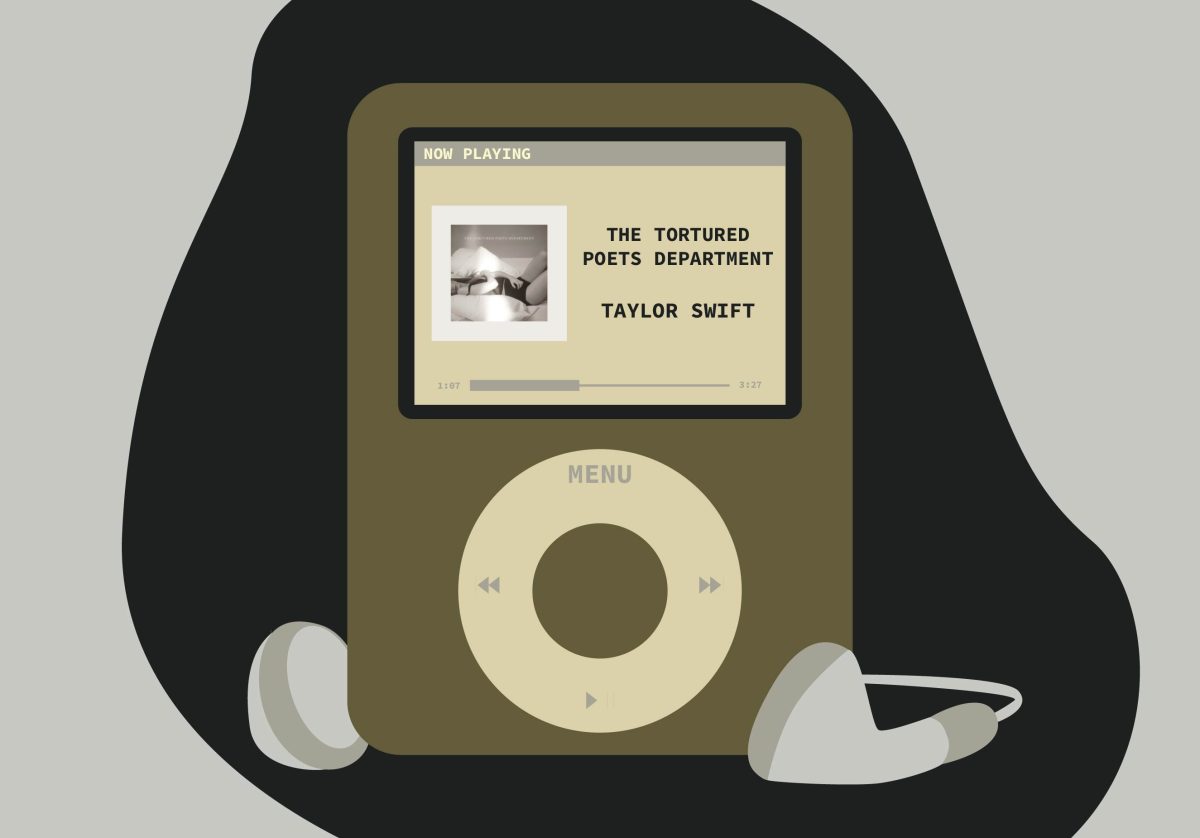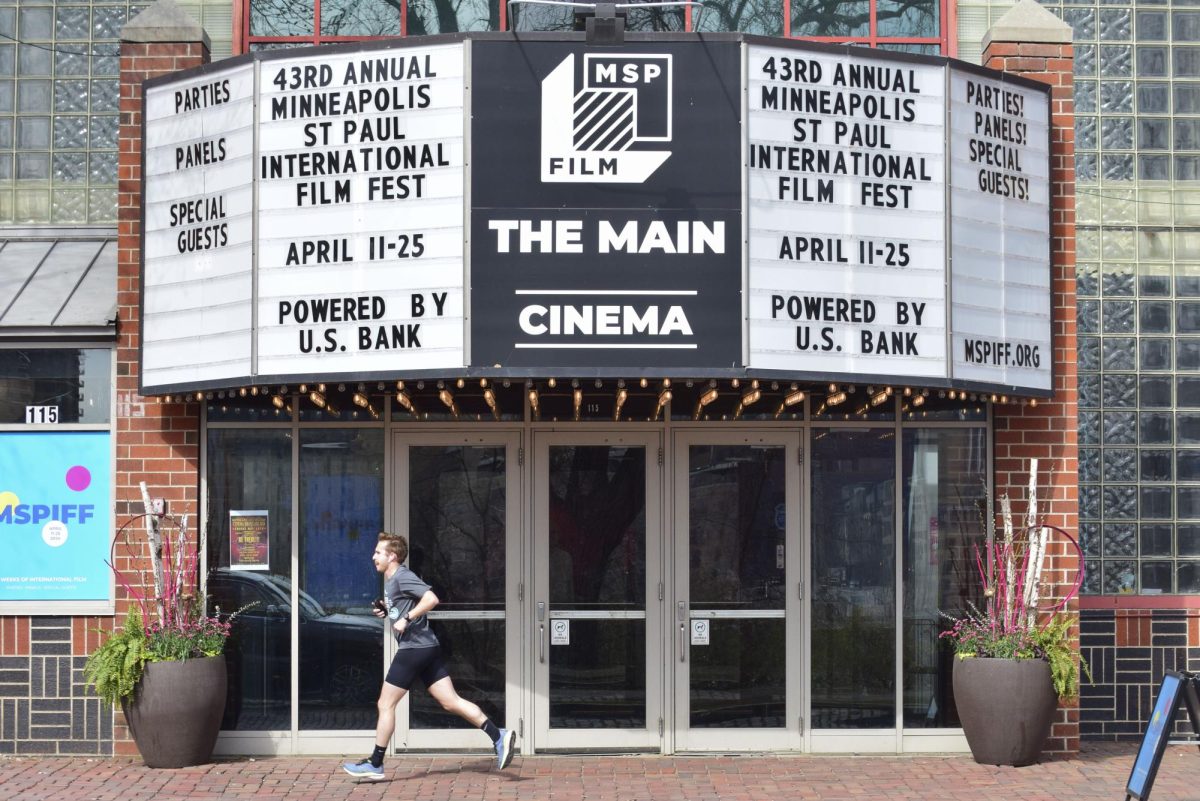My friend said to me the other day, “TV is a vast wasteland.”
While I pointed out to him that’s the same argument FCC chairman Newton Minow made in 1961, he defended himself, declaring, “Well, it’s true.”
I asked him, “What about ‘The Sopranos’?”
“Well … ” he said, but I knew I had caught him. Yeah, TV is filled primarily with a bunch of mindless dreck, and critics agree the era of reality TV is the worst yet for the medium. But actually, the crappy reality shows on now are no worse than the crappy sitcoms that filled the air for the previous 50 years. Meanwhile the rest of TV is just now, for the first time in its history, becoming a truly cinematic form. “The Sopranos,” which debuted in 1999, deserves much credit for this turning point.
No television series before “The Sopranos” was able to combine morally complex storytelling, deep characterization, skillful filmmaking and a week-to-week building drama – all in an HBO format that allowed the series to pull out all the stops, say what it wanted and do it all without the annoyance of commercials.
Even if HBO has gotten a little full of itself with the “It’s not TV Ö ” slogan, it was “The Sopranos” that allowed the network to make this boast, by putting out a product that, weekly, placed it among the all-time greats in the mobster genre.
The series is filled with allusions to the mob-movie tradition, especially the first two “Godfather” films, which “Sopranos” series creator David Chase adores. The power of mobster films always has been their ability to make us cheer for the bad guy, and no character embodies this principle more than Tony Soprano. He never comes across as anything less than an everyman, even as he steals money left and right and executes his enemies. The many entangled relationships between Tony and the show’s various other characters along with his weekly sessions with the psychologist only add depth to his character. The serial nature of the show also allows it to have the type of character and plot developments a feature film can only dream of.
But maybe the single greatest testament to the power of “The Sopranos” is how it fits into the art-imitates-life-imitates-art equation. The first two “Godfather” films were praised for their reality even as their influence, in turn, shaped the real mob. Similarly, the show holds a mirror to the real workings of the Mafia, right down to Soprano nephew Christopher’s desperate attempt to break into Hollywood – an act real mob bosses are now regularly forced to deal with as their lackeys ditch “the life” for the fame and fortune of making mob movies. And don’t forget the story of mobster Anthony Rotundo who, USA Today reported, was recorded by the FBI two months after the show’s premiere as saying “Every show you watch, more and more you pick up somebody (you know).”
Ultimately, “The Sopranos” deals with the same big themes that all great art deals with.
There are dualities between primal emotion and intellect, life and death, and right and wrong. And at the center of these conflicts sits a character pulled in so many directions by his family as well as by his Family. The game now, with the show on hiatus until the final eight episodes air next year, is figuring out how all these tensions come crashing down.
In the meantime, I’m left like a junky without his fix, scratching his arms and tugging at his clothes, just wishing summer vacation for this show didn’t always have to be a year. At least “Deadwood” starts up again next week.
“The Sopranos” has made television safe for artists who dare to be as edgy as they are entertaining, and as entertaining as they are brilliant. Given Newton Minow’s famous comments about the shape of the TV landscape, maybe Tony is being completely honest when describing his job to the show’s civilians: “I’m in waste management.”
















